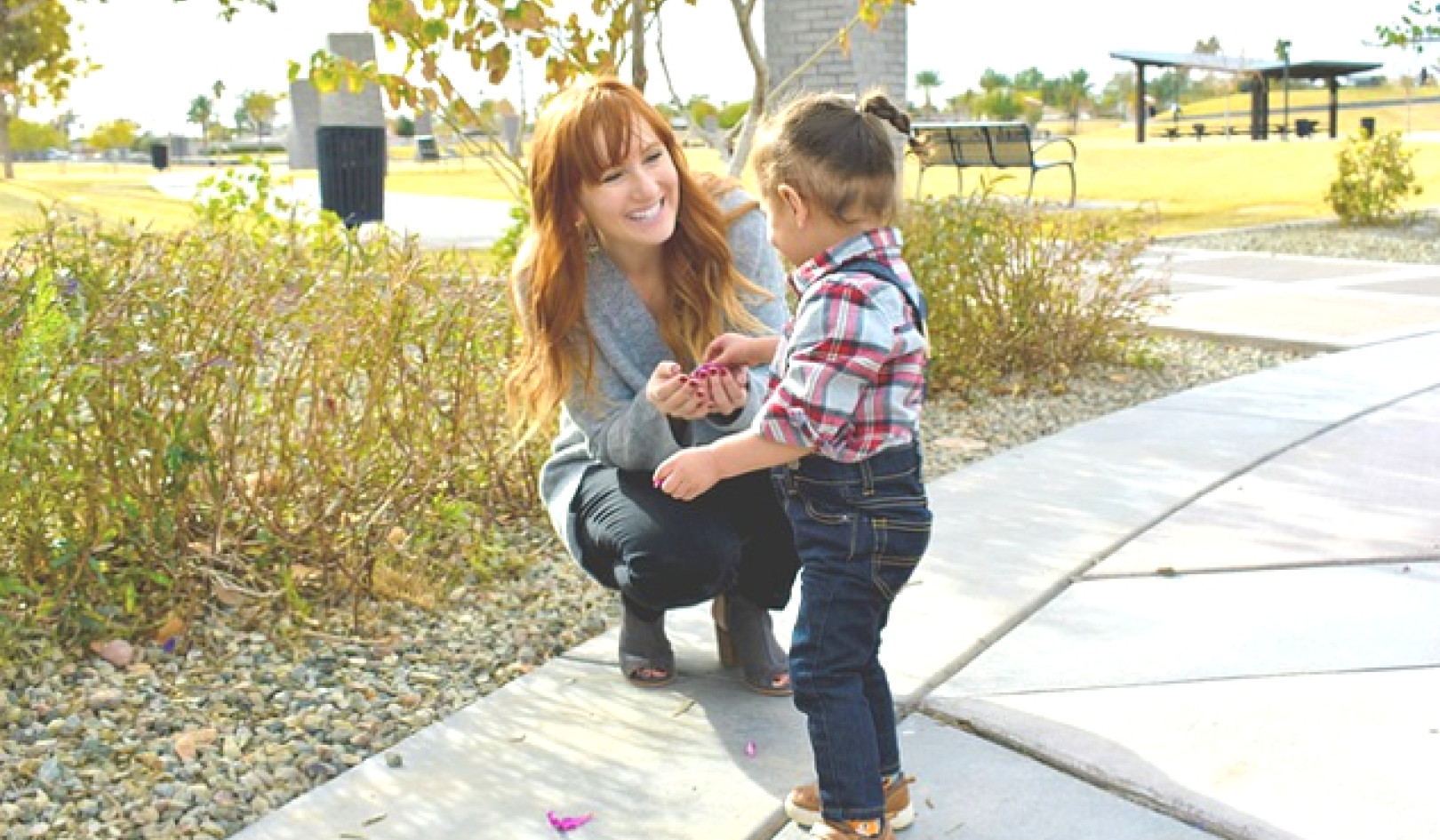
Needs and values — the things we care about, the sources of our wants — matter because they are the contents of our core selves. They make up much of the terrain of our inner worlds.
If needs and values can both answer the question “What do you care about?” then why are they considered separate notions? Why isn’t there just one source of wants?
Needs and values are indeed highly interconnected. There will be times, in your process of gaining deeper understanding of another person, when it won’t be important to distinguish whether you’re exploring a need or a value. But there is an important distinction between the two: needs tend to be very similar for all people, whereas values tend to be highly individualized.
Another way to state this distinction is in the negative: when someone is not meeting one of her needs, she’ll have a hard time functioning well — getting up in the morning, holding down a job, maintaining relationships. When a person is not honoring one of his values, he’ll function fine by all outward assessments... but he will not feel well in his life.
Needs are the things that almost all people fundamentally require to function in life — but this doesn’t mean we don’t frequently deny or ignore them. Values, on the other hand, are the aspects of life that you choose to invest in to create your own special meaning. Needs are mostly chosen for us by the physical realities of our bodies; values, however, are chosen by us.
Needs Can Often Be Identified Through Complaints
When most people hear the word needs they think of the basic physical necessities of life: air, water, food, shelter, protection from the elements. The most enduring framework for understanding needs is Maslow’s hierarchy, which proceeds from physical necessities like food, water, and air, to safety and security, to love and belonging, to creativity and self-actualization.
This framework has endured for more than seventy years and is a nice place to start when pondering the role of needs. Because it’s generally considered a one-size-fits-all model, it also reinforces the main difference between needs and values: that the same needs apply to everyone.
When I think about needs, I often think about a friend I made at one of my first performance marketing jobs. She was a highly creative designer, and one of the only other women at the company, so we became close quickly. We would commiserate about all the bros, the long hours, and all the energy drinks in the fridge. However, over time, much of the commiserating turned into all-out complaining. Her complaints — more often than not — centered on the long hours.
“The engineers don’t even get in until noon! I’ve practically worked a whole day before they start. Then I’m expected to stay until they leave. It’s exhausting,” she grumbled.
“You could try coming in later, right?” I offered.
“I can’t...I can never sleep in past seven!”
Even on Mondays, after the weekend had come and gone, she’d reiterate how exhausted she was.
“You didn’t rest over the weekend?”
“Can’t! The weekend is the only time I have to see friends, do laundry, get groceries...I’m really wiped out.”
In retrospect, I see now that this was fundamentally a needs problem. She was unable to meet one of the needs at the very bottom of Maslow’s pyramid: rest.
Many of our colleagues were denying some of their basic needs as well. Many didn’t eat regular meals; some never seemed to leave their desks. In the end, those who behaved this way burned out — started functioning less and less well — much faster than the rest of us.
Needs Are Basic Requirements
Some of the things that most of us require — our needs — are:
Safety
Protection from the elements
Respect
Autonomy
Self-determination
Freedom
Physical health
A functioning body
Having enough to eat
Sexual expression
Reliability
A predictable environment
Financial stability
Employment
Social ties
Social support
Excitement
Interests
As you probe deeper into another person’s inner world, you’ll often find they are not meeting some of their needs. Unmet needs tend to surface before disregarded values do, because when your body is craving something fundamental, it’s hard to feel anything other than that unmet need.
You can’t eat before you can breathe; you can’t build a shelter before you can eat; you can’t think about your community before you can build a shelter; and you can’t devote your life to equality before you can think about your community.
Values Have Highly Individualized Meaning to the Individual
Values, as opposed to needs, are highly individualized. One person’s core value could sound like an absolute nightmare or a complete waste of time to someone else.
So what exactly are values? Values are just what the word implies: things that have worth to you. Values can be as tangible as an antique writing desk that your grandfather entrusted to you. They can be as intangible as the concept of saving the earth. Values are anything — object, swath of land, idea, principle, mission, goal, relationship — that holds personal worth for you. You know it’s a value if you feel compelled to invest your time and energy into it.
Many unfortunate things happen when we aren’t aware that we have values or, for whatever reason, cannot make our values a priority. The most common result is a sinking feeling — a sense that our life is pointless or that life itself is worthless. Depression, malaise, melancholy...these are the hallmarks of a life without known and honored values. A life with known and honored values, on the other hand, feels like it has substantial personal worth and meaning.
There is an endless list of possible values, but some common ones are:
Learning
Humor
Artistry
Aesthetics
Achievement
Communing with nature
Altruism
Adventure
Nurturance
Exploration
Excellence
Mastery
Faith
Harmony
Honesty
Loyalty
Introspection
Leadership
Risk taking
Courage
Justice
Fairness
Resilience
Self-discipline
Responsibility
Style
Tradition
As I said, a defining characteristic of values is that they are highly personal and subjective. Even a very tangible value, such as an object, will not remain unchanged if transferred from one person to another.
Getting To Know Someone’s Deepest Values
When your grandfather left you his antique writing desk, it took on great personal value to you. You know your grandfather loved this desk, and you want to keep it safe. But when you consider it, the desk had a different value to your grandfather than it does to you. He valued it for its usefulness. You value it for sentimental reasons. And if you ever sold it to someone new, that person might value it simply for its beauty.
In other words, the desk itself is separate from the value each person places on it. This is the same for abstract values as well. Two people can value the notion of “elegance,” but elegance will mean slightly (or very) different things to each of them, and they will honor the value of elegance in very different ways.
Asking inviting questions is absolutely essential for getting to know someone’s deepest values. To truly see from another person’s perspective, you have to see her values from her perspective. This is a challenge for everyone. But when we do it well — and we certainly can! — we will develop some of the deepest understanding possible with another person.
How to Identify Needs and Values
Needs and values show themselves in a variety of ways. Each has some characteristic patterns that make it possible to distinguish one from the other, even in casual conversation.
At times your partner may identify and name his need or value as such without much investigation required on your part. But more often than not, he’ll simply behave in certain, distinctive ways that point toward an unmet need or disregarded value. The telltale signs of an unmet need are:
* Complaining
* Blaming and name calling
* Fearfulness, feeling threatened
* Gossiping (when in teams or groups)
My designer friend who consistently complained about being tired was expressing an unmet need in the form of complaining. Let’s look at some other complaints that could contain an unmet need:
Presenting complaint: “My boss is micromanaging me.”
Possible unmet need: freedom or self-determination
Presenting complaint: “My roommates are crazy.”
Possible unmet need: personal space or a predictable environment
Presenting complaint: “I hate moving.”
Possible unmet need: shelter or stability
Presenting complaint: “My friends are so flaky.”
Possible unmet need: social support or predictability
Complaints Can Be Useful Indicators of Needs
Complaints are not necessarily a bad thing, as long as they don’t persist or become damaging to the one who’s complaining or to the relationship. An occasional complaint here and there is great — complaints can be incredibly useful. Being vocally upset about something is essentially pointing a finger right at it, saying, “I care about this!”
Use someone’s complaints to your advantage in your pursuit of deeper understanding. Instead of trying to diffuse the complaint or feed into it with your own (one of the biggest mistakes you can make in relating), use the energy of the complaint to go deeper. “You seem really upset about this situation. What about it is upsetting you?” The responses you will get are a part of her inner world.
A side note: identifying needs is a great place to start if you’re stuck in the habit of making assumptions about people. It’s much less problematic to assume another person needs food to be happy, just as you do, than it is to assume she values mastery of the trombone like you do.
Disregarded Values Produce Malaise and Vague Discontent.
It’s less common for values to manifest as complaints. An unmet need — for food, water, rest, breathable air — produces an irritation, a drive to let others know you’re not getting what you need. On the other hand, a disregarded value produces a malaise, an often vague sense of discontent.
When people don’t feel well but don’t know how to articulate what’s wrong, they tend to say nothing. The unmet need shouts for attention; the disregarded value slinks into the shadows.
The telltale signs of a disregarded value are:
* Withdrawal
* Disappointment
* Agitation or anxiety
* Frustration, the source of which remains vague
Let’s look at some frustrations and how their source could be a disregarded value:
Presenting frustration: “I like my job; I just don’t feel like I’m learning anything anymore.”
Possible disregarded value: knowledge or personal growth
Presenting frustration: “I wish I could make more time to get out of the city.”
Possible disregarded value: nature or serenity
Presenting frustration: “How come I’m so busy all the time but still feel like I’m not making progress?”
Possible disregarded value: balance or achievement
Presenting frustration: “After my kids go to sleep at night, I don’t know what to do with myself.”
Possible disregarded value: Really anything — you’d have to dig deeper!
If you’re trying to be close to someone who’s making statements of this sort, it’s imperative that you explore the statements. This is what gaining access to another person’s inner world is all about! When you can truly understand what these statements are about for the other person, you have gained profound knowledge of her.
Questions for Reflection
* Have you noticed yourself or your partner regularly complaining about things? What needs might be going unmet?
* Have you noticed yourself or your partner acting withdrawn? What values might need to come to the surface?
* Are differences of needs and values causing any conflicts in your life right now? How might approaching the conflict from a needs-vs.-values perspective help?
©2016 by Kira Asatryan, All Rights Reserved.
Reprinted with permission of the publisher,
New World Library, Novato, CA 94949. newworldlibrary.com
Article Source
 Stop Being Lonely: Three Simple Steps to Developing Close Friendships and Deep Relationships
Stop Being Lonely: Three Simple Steps to Developing Close Friendships and Deep Relationships
by Kira Asatryan.
Click here for more info and/or to order this book.
Watch a video and book trailer.
About the Author
 Kira Asatryan is a certified relationship coach who provides individual life coaching, relationship coaching, conflict mediation, and couples’ coaching. She also trains Silicon Valley startups to work cohesively. Prior to becoming a full-time relationship coach and writer, she ran marketing campaigns across major platforms including Facebook, Twitter, and Google Search. She is a popular blogger on Psychology Today and other sites. Visit her at www.StopBeingLonely.com
Kira Asatryan is a certified relationship coach who provides individual life coaching, relationship coaching, conflict mediation, and couples’ coaching. She also trains Silicon Valley startups to work cohesively. Prior to becoming a full-time relationship coach and writer, she ran marketing campaigns across major platforms including Facebook, Twitter, and Google Search. She is a popular blogger on Psychology Today and other sites. Visit her at www.StopBeingLonely.com

























